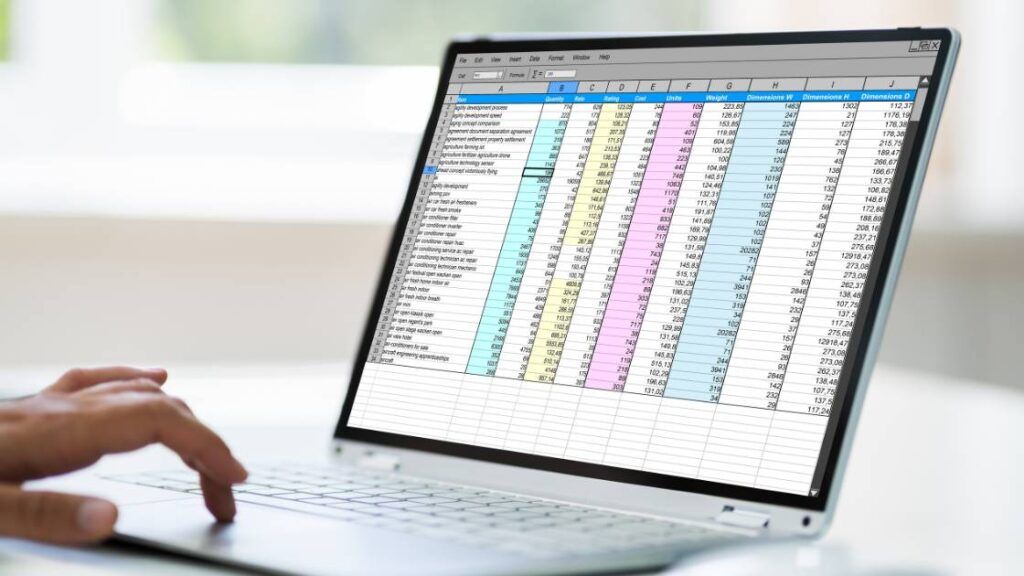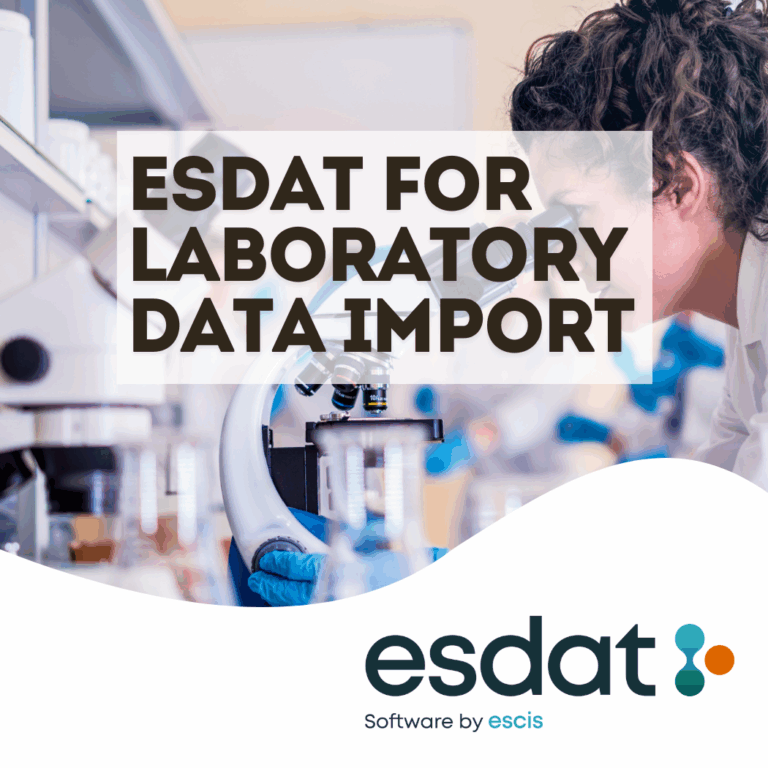Why Spreadsheets May Not Be the Best Option for Environmental Data Management
When managing environmental data, the tools and systems chosen can significantly impact the data management process’s efficiency, accuracy, and reliability. While spreadsheets are widely used and offer certain conveniences, comprehensive environmental data management options may be better.

Here’s why:
Limited Capacity for Large Data Sets
While useful for handling small-scale data, spreadsheets often struggle with large data sets. As the volume of environmental data grows, spreadsheets can become unwieldy, slow, and prone to errors. The manual process of appending new data via copy-paste operations further exacerbates this issue, increasing the likelihood of mistakes and data inconsistencies.
Relational Integrity and Data Relationships
Spreadsheets need more robust relational capabilities of dedicated database systems. Establishing and maintaining relationships between different data tables is cumbersome and relies heavily on built-in formulas. These formulas could be improved in their ability to propagate updates and deletions, making it challenging to ensure relational integrity. This limitation can hinder the ability to perform complex queries and integrate data seamlessly with other systems.
Error-Prone and Difficult to Audit
Studies have shown that a significant percentage of spreadsheets contain errors. Common types of errors include hard-coded references, erroneous references, logic errors, and copy/paste errors. More than a visual examination is required to catch these errors, leading to potentially significant inaccuracies in environmental data. The need for robust spreadsheet auditing tools further complicates identifying and correcting these errors.
Multi-User and Version Control Issues
Locally stored spreadsheets are typically editable by only one user at a time, creating significant challenges for version control. Multiple users attempting to access and edit the same file can lead to conflicts, overwrites, and lost data. While cloud-based spreadsheet systems can mitigate some of these issues, they still need to catch up compared to dedicated database systems’ multi-user capabilities and version control features.
Integration and Scalability Limitations
Spreadsheets need to be improved in their ability to integrate with other systems. Structured Query Language (SQL), a powerful tool for querying databases, cannot be used with spreadsheet tables, limiting the ability to perform advanced data analysis and reporting. Furthermore, spreadsheets need to scale better with increasing data complexity and size, making them less suitable for long-term environmental data management.
Guidelines and Best Practices
Specific best practices can be followed to mitigate some of the inherent limitations of spreadsheets. These include using clear and consistent naming conventions, avoiding empty cells, separating data from calculations, and using named ranges instead of hard-coded cell references. Creating a data dictionary and employing formula auditing tools can help improve data integrity. However, these measures require significant diligence and do not fully address the fundamental limitations of spreadsheets.
Conclusion
While spreadsheets offer accessibility and ease of use for basic data management tasks, they are not well-suited for comprehensive environmental data management. The limitations in handling large data sets, ensuring relational integrity, minimizing errors, supporting multi-user access, and integrating with other systems highlight the need for more robust solutions. Environmental Data Management Systems (EDMS) like ESdat provide the tools and capabilities to manage environmental data effectively, ensuring accuracy, reliability, and scalability. For organizations looking to improve their environmental data management processes, investing in a dedicated EDMS is a strategic move that can lead to better data-driven decision-making and operational efficiency.
Related Articles to the Limitations of Spreadsheets
Going Beyond Good Environmental Data
Environmental Data Management for Large-scale Contaminated Soil Investigations
The 5 Reasons Excel is NOT Reliable Data Management Software






